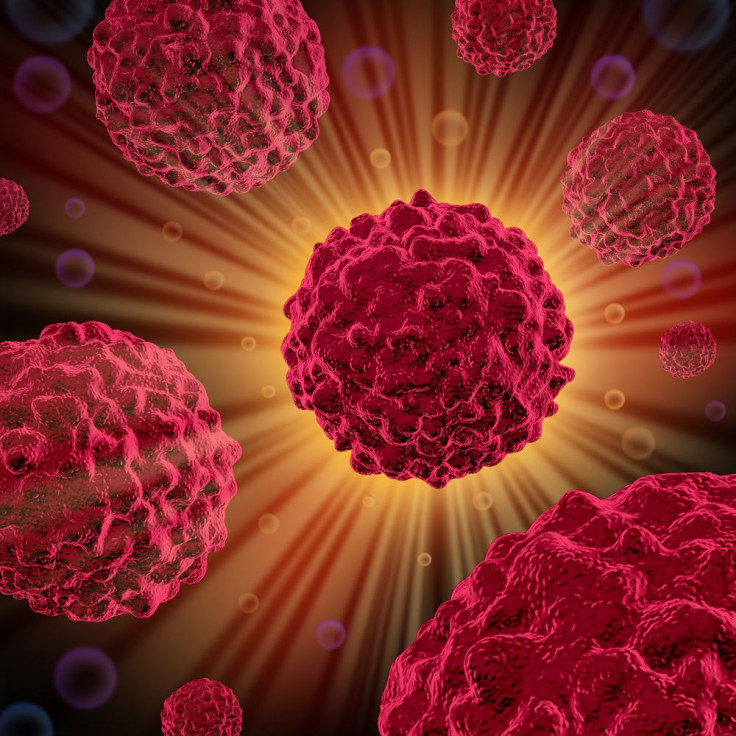Genetic Screening May Soon Determine Prostate Cancer Risk; Could Help Doctors Decide Best Route For Treatment

Men may soon be able to undergo prostate cancer screening, which would identify those with gene mutations indicating a higher risk of developing an aggressive form. As prostate cancer continues to be the most common type of cancer in American men, the screening could one day eliminate the need for unneeded therapy, which sometimes comes with severe side effects.
Researchers from the Institute of Cancer Research in London identified 14 gene mutations in men with prostate cancer that indicated a high risk of developing a more aggressive, life-threatening form. Identifying these mutations could form the basis for prostate cancer screenings, helping with early diagnosis, prevention, and treatment options — similar to that of breast cancer. “Our study shows the potential benefit of putting prostate cancer on a par with cancers such as breast cancer when it comes to genetic testing,” Ros Eeles, study co-leader and professor of oncogenics at the Institute, told The Guardian.
Many men may not see the effects of prostate cancer because, at times, tumors fail to grow outside of the prostate — these men usually live with the cancer until they die of other causes, according to Mayo Clinic. Still, these men typically monitor their cancer, called active surveillance, for signs that it’s starting to spread. Other men, however, may need more intensive treatment for more aggressive forms. These include hormone therapy, chemotherapy, radiation therapy, and surgery to remove the prostate, known as a prostatectomy. Determining the kind of treatment a patient should go through could be easier with genetic screening.
“The minefield of prostate cancer diagnosis is one of the biggest hurdles facing treatment of the disease today,” Dr. Iain Frame, director of research at Prostate Cancer UK, told The Guardian. “Current tests fail to differentiate between aggressive cancers that could go on to kill, and cancers that may never cause any harm. This lack of clarity means that too often men and their doctors are left having to make incredibly difficult decisions on whether to treat the disease or not.”
For the study, researchers took blood samples from 191 men with prostate cancer and from three close family members who also had the cancer. They found that the 14 mutations associated with a higher risk came from eight genes, including the BRCA1 and BRCA2 genes, which are both associated with breast cancer risk as well. At least one of the mutations appeared in seven percent of the men who were tested, and these men also went on to develop an aggressive form of prostate cancer.
The results are promising, and all of the resources doctors need for these tests are available the researchers said. The next step is to “prove that picking up dangerous mutations early can save lives,” Eeles told The Guardian. The team is already conducting a larger trial of 2,000 men and testing 192 genes for risk, the BBC reported. If it works again, “then in the future,” Eeles said, “genetic testing may be needed as part of the prostate cancer care pathway.”
Kote-Jarai Z, Salmon A, Mengitsu T, et al. Increased level of chromosomal damage after irradiation of lymphocytes from BRCA1 mutation carriers. British Journal of Cancer. 2014.



























